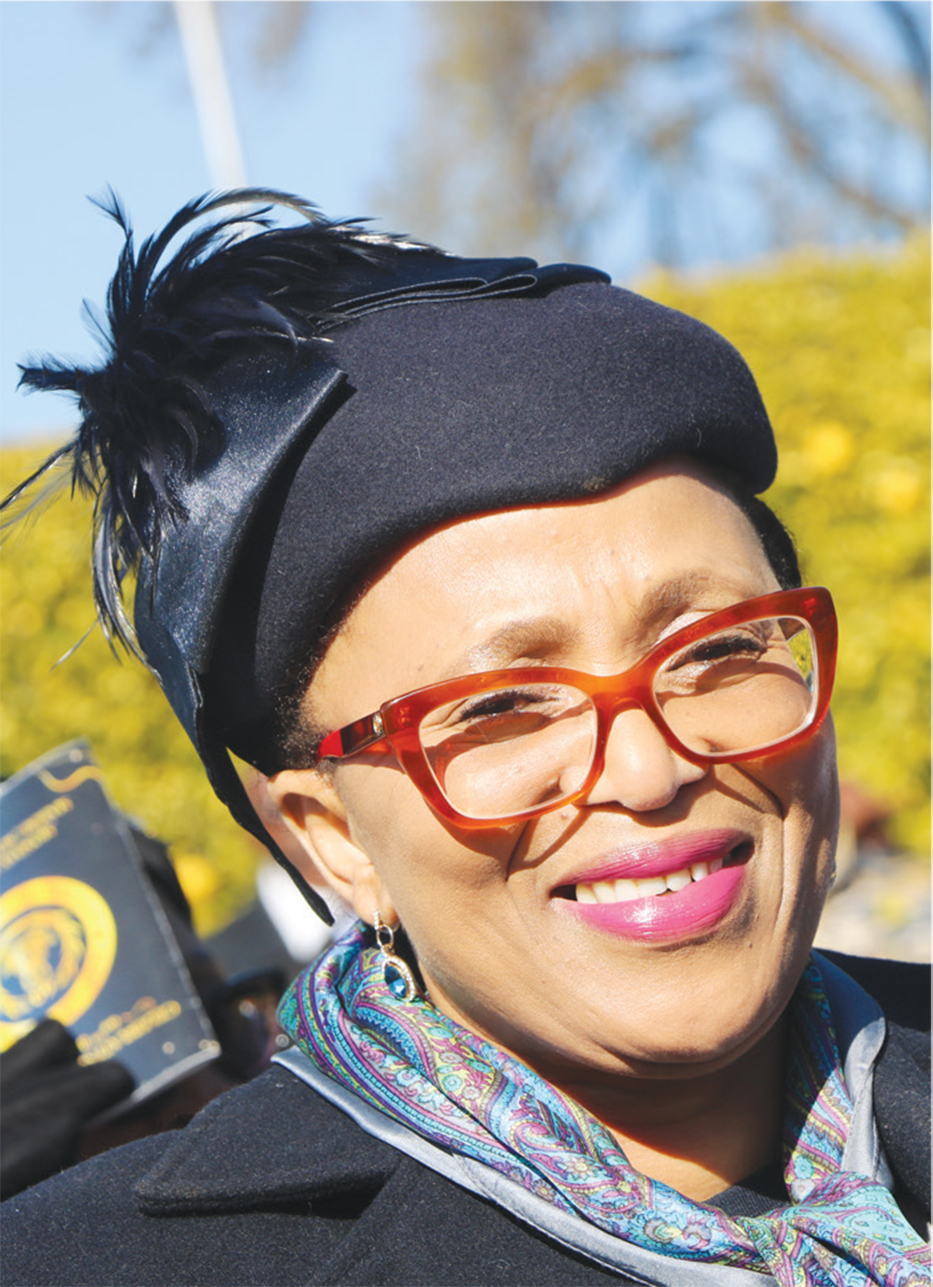By Thoboloko Ntšonyane
MASERU – Liquor and tobacco retailers are heaving a sigh of relief following the downwards adjustments of the Tobacco and Alcoholic Products Levy (TAPL) last week.
Minister of Finance and Development Planning, Dr Retšelisitsoe Matlanyane has decreased by half the levy imposed on alcohol and tobacco products.
This is following concerted concerns from the industry urging the government to consider revising this levy as they said it did not augur well for the businesses and could enable smuggling and tax evasion especially by unlicensed sellers.
Introduced on March 1, this year, this law proposed 15% for alcoholic products and 30% for tobacco products. After the adjustments, 7.5 % will now be charged on alcoholic beverages and 15 % on tobacco products.
The Minister had effected these changes through the Legal Notice No. 89 gazette on September 8 and they will come into force on October 1.
Before these developments, Maluti Mountain Brewery (MMB), Lesotho Chamber of Commerce and Industry (LCCI), and the Lesotho Liquor and Restaurant Owners’ Association (LLROA) had told the parliament’s Economic and Social Cluster Committee how this law had badly affected their business operations.
The government had through this piece of legislation increased the revenue collection and to “influence acceptable or normal consumption” of tobacco and alcoholic products.
MMB had since the inception of this law resisted it saying it will be forced to downsize staff and trigger the smuggling of alcoholic products from South Africa. It requested the government to hold this law in abeyance.
Countries such as Botswana, Brazil and Turkey had introduced the sin taxes and reportedly it did not achieve the desired outcomes in others.
The study conducted by the World Bank says “For alcohol abuse, the dominant school of thought has been that the main problem was alcoholism, and that alcoholism is an addiction characterized by loss of control. It stood to reason that addicts would find a way to drink their fill even if prices rose. A tax amounting to, say, extra dime a drink, is not going to make any difference to people who are already suffering great personal losses for the sake of sustaining their habit.
“Contrary to the assumption that tobacco and alcohol taxes are financially regressive, international evidence shows that the sum of benefits fully offset the additional costs of taxes on consumers- tobacco and alcohol taxes disproportionately benefit lower income households because as sin taxes increase, better health ensues, less money is needed for smoking and alcohol related healthcare services and injuries, and labor productivity improves due to reduced sickness and absenteeism. “
The MMB had also committed to working in collaboration with the government Ministries and other stakeholders in raising awareness against “irresponsible” consumption of alcohol.
The MMB had indicated that it will be unable to increase the size of its employees owing to these regulations.
An MP for Mekaling No.62, Thabiso Lekitla tabled a motion in parliament seeking the government to revise these levies saying businesses were complaining of possible job losses, and smuggling. He was seconded by Hon Jane Lekunya and the government through the Minister of Health, Hon Selibe Mochoboroane said these issues will be tabled before the Prime Minister for consideration.
Reacting to these developments, LLROA Chairperson Motseki Nkeane said they thank the government for considering their plea to reduce these taxes as their businesses were struggling and others were nearing collapse due to effects of this law.
“The Maluti Mountain Breweries (MMB) is encouraged by the recently amended Tobacco and Alcoholic Products Levy Act of 2023 by the government of Lesotho. In a recent gazette the government stated that “The Schedule to the Tobacco & Alcoholic Products Levy Act 2023 is amended by adjusting “30% and 15%” and substituting “15% and 7.5%” respectively.
“The brewer will now focus on leading and growing its business in Lesotho. “Our focus now is to lead and grow our business responsibly through empowering the communities we operate in, while safeguarding the jobs and livelihoods of Basotho. We have always been deliberate in our efforts to safeguard the jobs and livelihoods of Basotho, and this decrease in the levy will assist us in expediting this,” said Hannes Smal, Country Director of Maluti Mountain Breweries,” reads the statement issued by the MMB in reaction to these new adjustments on “sin tax”.
Fako Hakane, the Secretary General of the Lesotho Chamber of Commerce and Industry (LCCI), similarly expressed happiness in the amendment of the levy rate.
“It is through partnerships between organized business and representatives in Parliament that effective change can happen”.
MMB is a privately owned company and the government commands a major stake holding over 50 percent. The company shareholding stands thus: Lesotho national development corporation (LNDC) commands 51.00 percent shares, SA’s AB InBev 39.00 percent, the Ministry of Finance 5.25 percent and Lesotho Unit Trust 4.75 percent. “As Maluti Mountain Breweries, we have always stated that we are not opposed to regulation and we rather want [the] government to ensure that the regulations they pass are fair, balanced and based on empirical evidence”’, concluded Smal.


